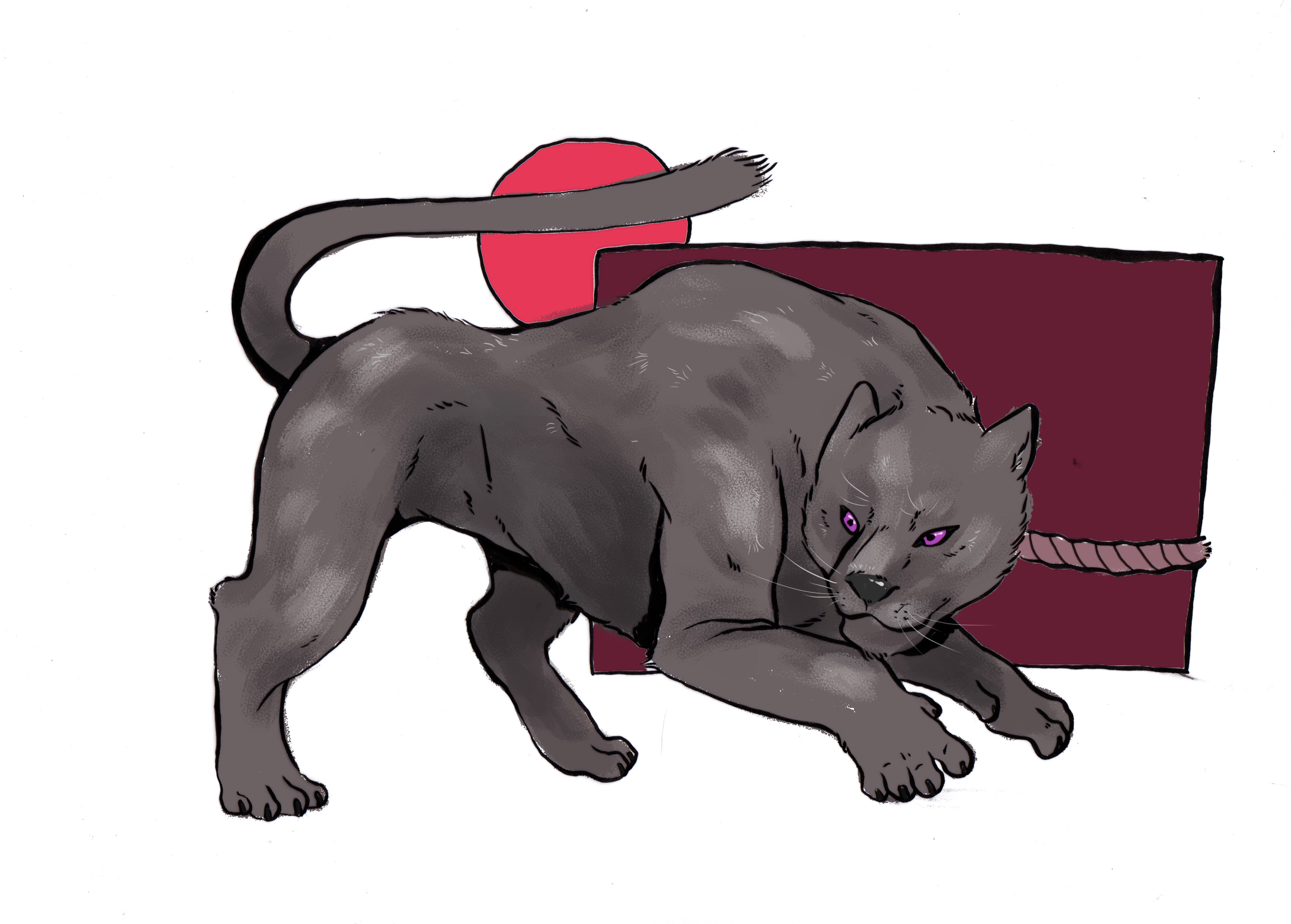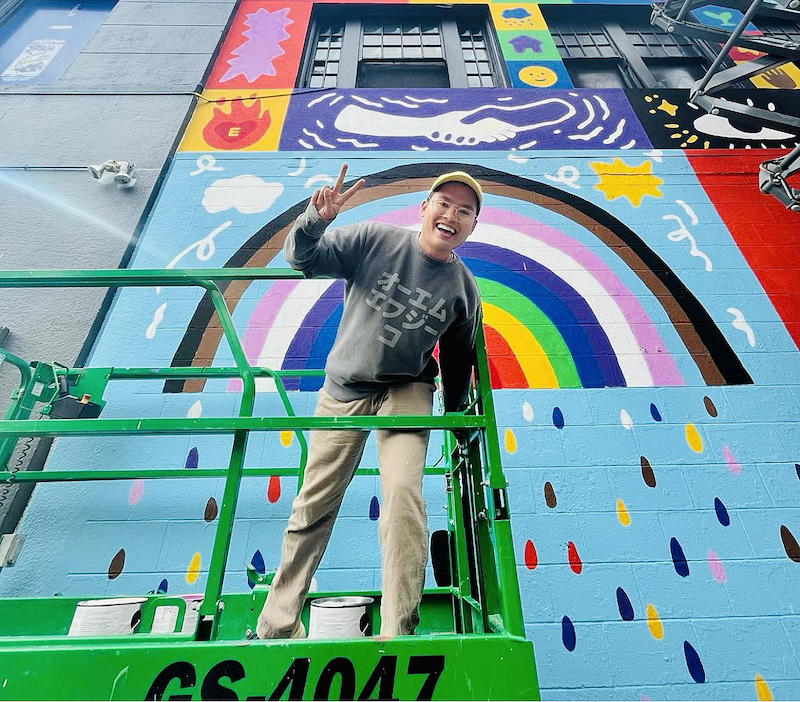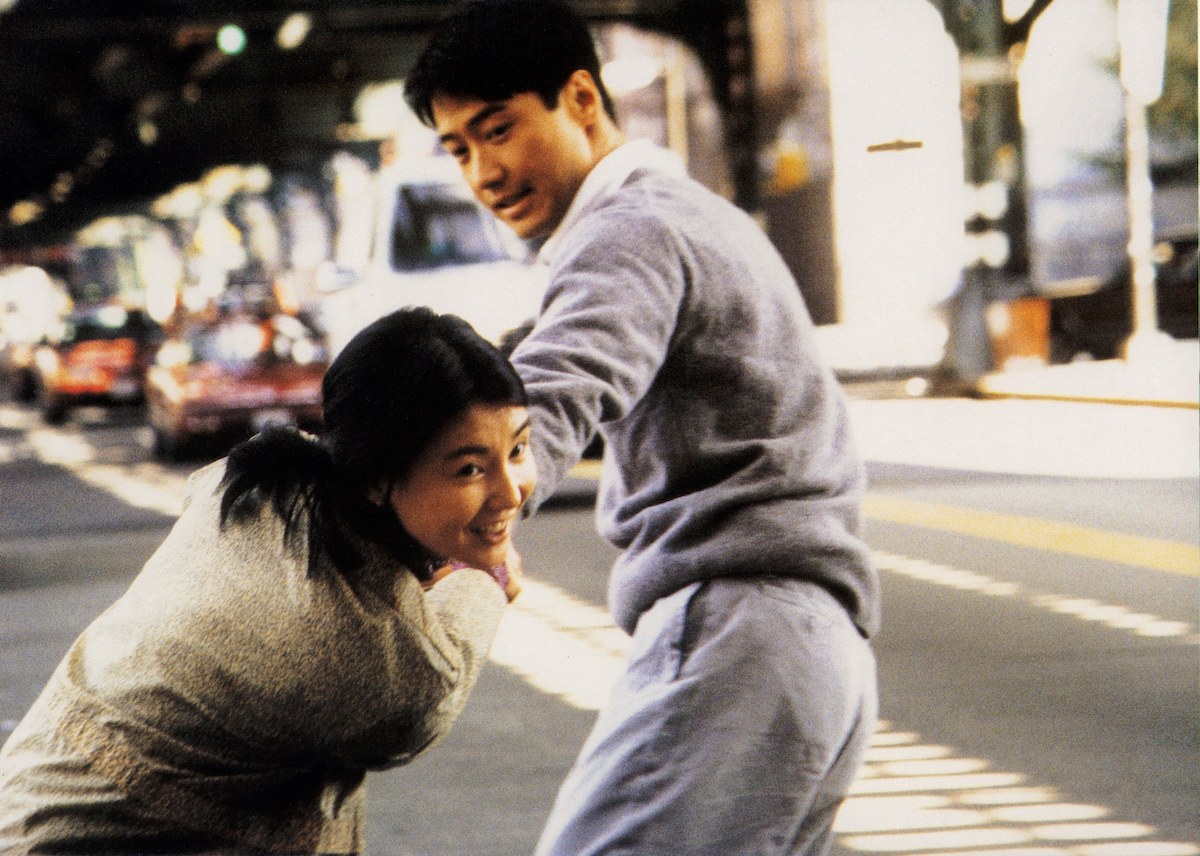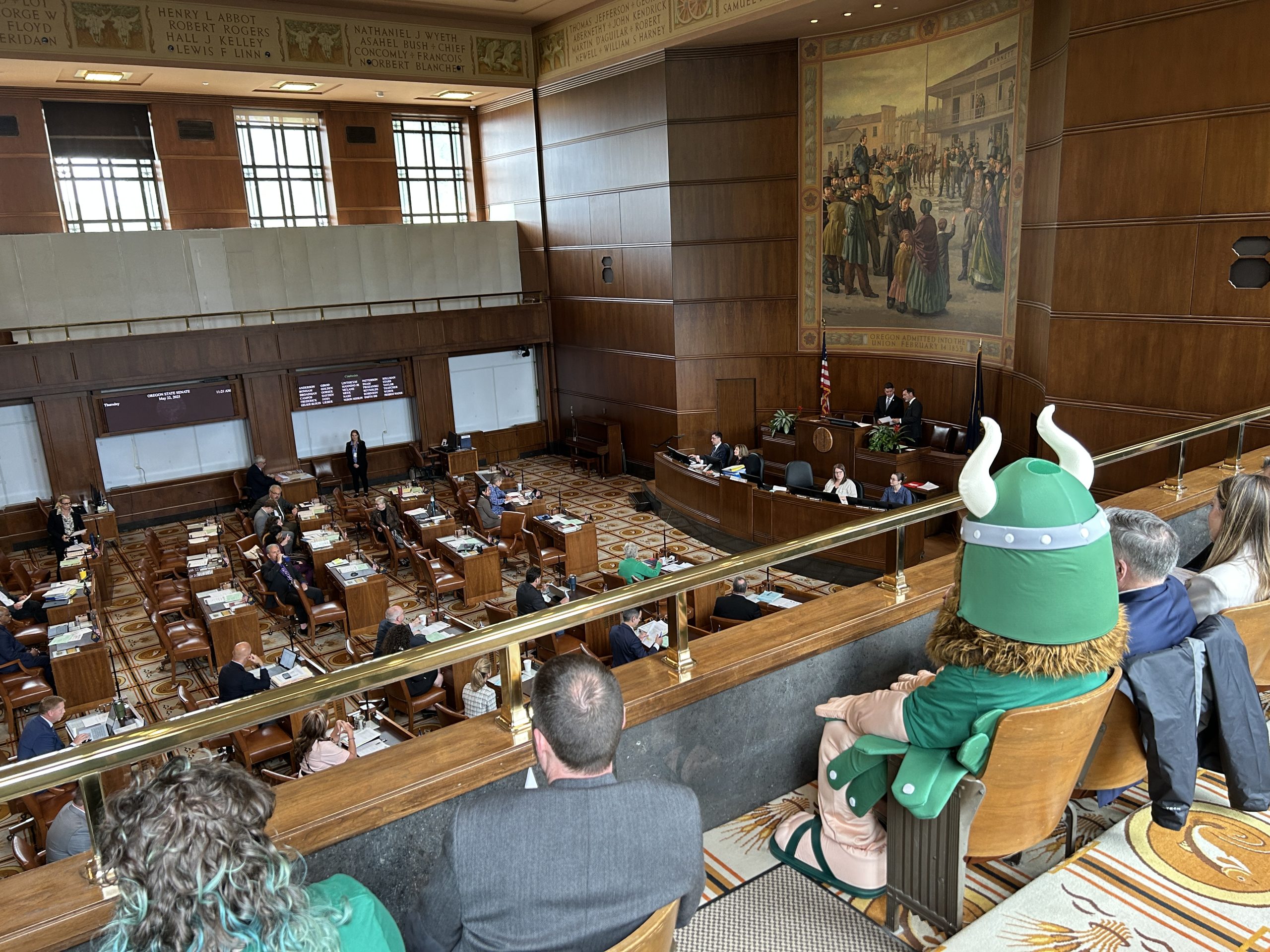Black History Month is a time dedicated to the observance of important people, events and history pertaining to the African diaspora. But what about the other eleven months of the year? Black history cannot be confined to one month, and it’s important to recognize and appreciate Black history and culture from March through January.
The Pan-African Commons
In 2015, participants in the Students of Color Speak Out event created a list of demands, one of which was the opening of a resource center for students of color. The resulting Pan-African Commons, which opened last year, is a safe space for people who identify with the African diaspora. This safe space provides resources, events, opportunities and advocacy for these students.
Since the opening of the Pan-African Commons, the Black History Month committee has had a new and permanent home. The volunteer-based committee is comprised of diverse students and faculty, coordinating a master calendar for the month, and helping to plan and fund the events. The group started gathering late in fall term to share its knowledge and ideas about themes that would help inform the public about Black education systems. The committee chose “The Crisis in Black Education” for the theme of this year’s Black History Month.
Pan-African Commons Program Coordinator Shanice Clarke shared her favorite of last month’s events, Black Art Night. The event consisted of visual arts, spoken word, singing and self-care activities, allowing students to celebrate creativity in a safe place. “It was an event to break bread with the community and acknowledge some of the experiences that folks navigate on campus and in the Portland community,” Clarke said.
Clarke also spoke about the importance of Black culture throughout the year. “The very core of the Pan-African Commons is to engage and celebrate and have pride in Black, African and Caribbean identity,” she said. “Engaging in this space is a great start [to celebrate Black culture throughout the year].”
Black Bag Speaker Series
The Black Studies Department celebrates Black history throughout the year with the quarterly Black Bag Speaker Series. The series features African-American people from the Portland community discussing Black issues locally, nationally and globally.
The mission of this series is to bring more diversity and experience to the PSU campus. This quarter’s topic was “Black Women and Leadership in Portland.” The panel included NAACP Portland Chapter President Jo Ann Hardesty, Multnomah County Circuit Court Judge Adrienne Nelson, PSU graduate student and Black Lives Matter activist Ebony Oldham, and local poet Renee Mitchell.
Host Ethan Johnson, associate professor in the Black Studies Department, asked the panel five questions before opening the discussion to include the full-house audience. The event topics ranged from the panelists’ own personal experiences and thoughts on leadership in Portland to Black discrimination and their favorite popular culture of today.
Hardesty thinks more people should be aware of the Black experience and the state of Oregon doesn’t allow this easily. “I see myself as a community organizer,” she said. “I see myself as someone who works with people to make sure their voice is heard.”
“I do not accept or assume I am the expert on the Black experience,” Hardesty continued. “I can only be the expert of my Black experience. Oregon is very lazy about making sure only one or two of us are in the room to share the Black experience.”
Oldham discussed the hardest part of her experience. “The hardest thing I’ve ever been through is yet to come,” she said. “One of the things that’s been hard for me is having access to all these different spaces that other folks don’t have access to. When I’m confronting systems that allow that to happen, how folks don’t really discuss those things—and I’m constantly questioning why that is.”
Mitchell, multimedia artist and self-described creative revolutionist, recently gave a TED Talk about how art saved her life and how leadership is about creating one’s own opportunities.
“The whole message of this TED Talk was giving myself permission to be who I am,” Mitchell said. “A lot of my life, for over 40 years, I was waiting for someone to give me permission to do things, to say I’m worthy, and I had to come to terms that I was never going to get permission.”
Nelson, a Multnomah County judge, also spoke about self-empowerment and trusting oneself. “Don’t assume that your idea is the only idea about a certain topic,” she said. “I think that people work too much in isolation and that there is strength in numbers, particularly living in Oregon. And I think that you figure out who you can work with to effectuate whatever goal you’re seeking. That is a form of leadership.”
Monique Ybarra, a psychology major at PSU, thought the panel portrayed the theme beautifully and touched on courage and creativity. “What I am taking away from the panel today is the courage to imagine and create something that doesn’t exist yet,” Ybarra said. “This was a theme several of the panelists touched on as they shared their experience of being the only African-American women in many of the leadership positions they occupy.”
Kami Smith, an arts and letters major, thought the panel was very important, especially from her perspective as a prospective teacher. “There aren’t a lot of people of color teaching in the Portland area,” Smith said. “It’s really nice to see these women in higher power positions to kind of remind me that it’s okay to own my space and be an advocate for myself and my future students.”
Black Student Union
History major Renee Ingram is involved with the Pan-African Commons, Black History Month Committee, Delta Sigma Theta—a sorority for educationally-driven women, which hosted the Black History Month events “Black Love and Sex in the Dark” and “Black Women’s Contribution to History.” She is also the coordinator for Empowering Sisterhood, a program for Black female students to come together for discussion and uplift one another, and is programming director for the Black Student Union.
As an active member of so many different clubs and groups, Ingram believes community is key. “Folks can learn that it’s okay to not be alone,” she said. “It’s okay to depend on fellow students, it’s okay to find a community where you didn’t even think you could find it. My dad always said, ‘Our network is our net-worth.’”
The ability and the willingness to learn can spread the education of Black culture. “Be willing to learn,” Ingram said. “You may not have stood in the shoes of a Black student, but be willing to learn, because I think a lot of growth can come to a university because of that.”
Jasmine Schneider is one of BSU’s program directors. “The BSU stands for the social, political and educational advancement and support of students of the African diaspora,” Schneider said. “Although we have been around for a couple years, we were officially SALP recognized just last year.”
Schneider also believes people can continually educate themselves about Black history and culture through educational means. “Students can educate themselves about and work to further support Black issues through various events that BSU puts on throughout the year such as discussions, workshops and guest speaker panels.”
BSU’s events for Black History Month included the Defining Pan African Identities discussion and Black Art Night.
The Black Studies Department
Black Studies Department Chair Shirley Jackson explained Black history is not about just one month, but is a constant journey. “I can’t say anything was special about this Black History Month, because I think every month is Black History Month,” Jackson said. “Everything is significant.”
Jackson wished more people had attended the screening of Ava DuVernay’s documentary film 13th, a look at racial inequality in America through the lens of mass incarceration and the Thirteenth Amendment.
The Black Studies Department is going through an overhaul. The department is creating new classes and renaming a few existing ones, and is updating its majors, minors and certificates. The changes will help reach out to more students and cater to those majoring and minoring in the department. Faculty have discussed over thirty class proposals, including: Black Masculinities, Black Panther Party, Race and Prisons, and Blacks in Europe. Jackson is teaching a course next term on the civil rights movement.
Jackson thinks more people should take Black Studies courses, as they apply to many different majors. “Take courses that are not simply the courses you think you need to get your degree and move on,” she said. “When we offer Black Studies courses, we offer courses that are rooted in a number of different disciplines.”
Jackson also co-chairs the African-American, African, and Black Student Task Force (formed after the Students of Color Speak Out event in 2015). This task force looks at the efforts of faculty in terms of recruitment, enrollment and offerings to students from the African diaspora to ensure their success on campus.
“Some people think Black studies courses are beneath them, if you will,” Jackson said. “When [Black Studies professors] think about what students will leave the university with, it’s an understanding of diverse communities, diverse viewpoints and subject matter that is so varied that you can sit in a number of different courses and be told something new that you never really thought about every single day.”






